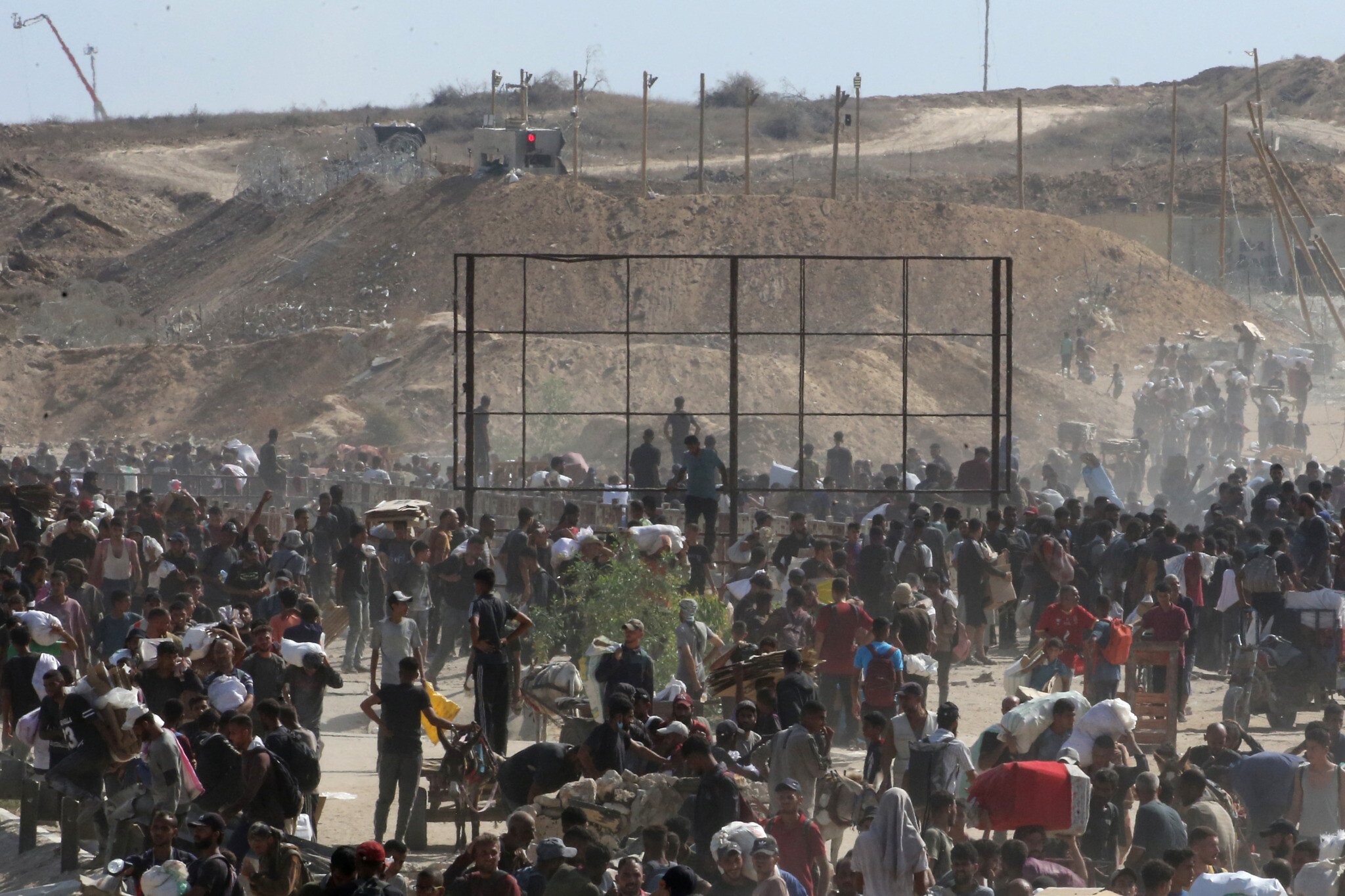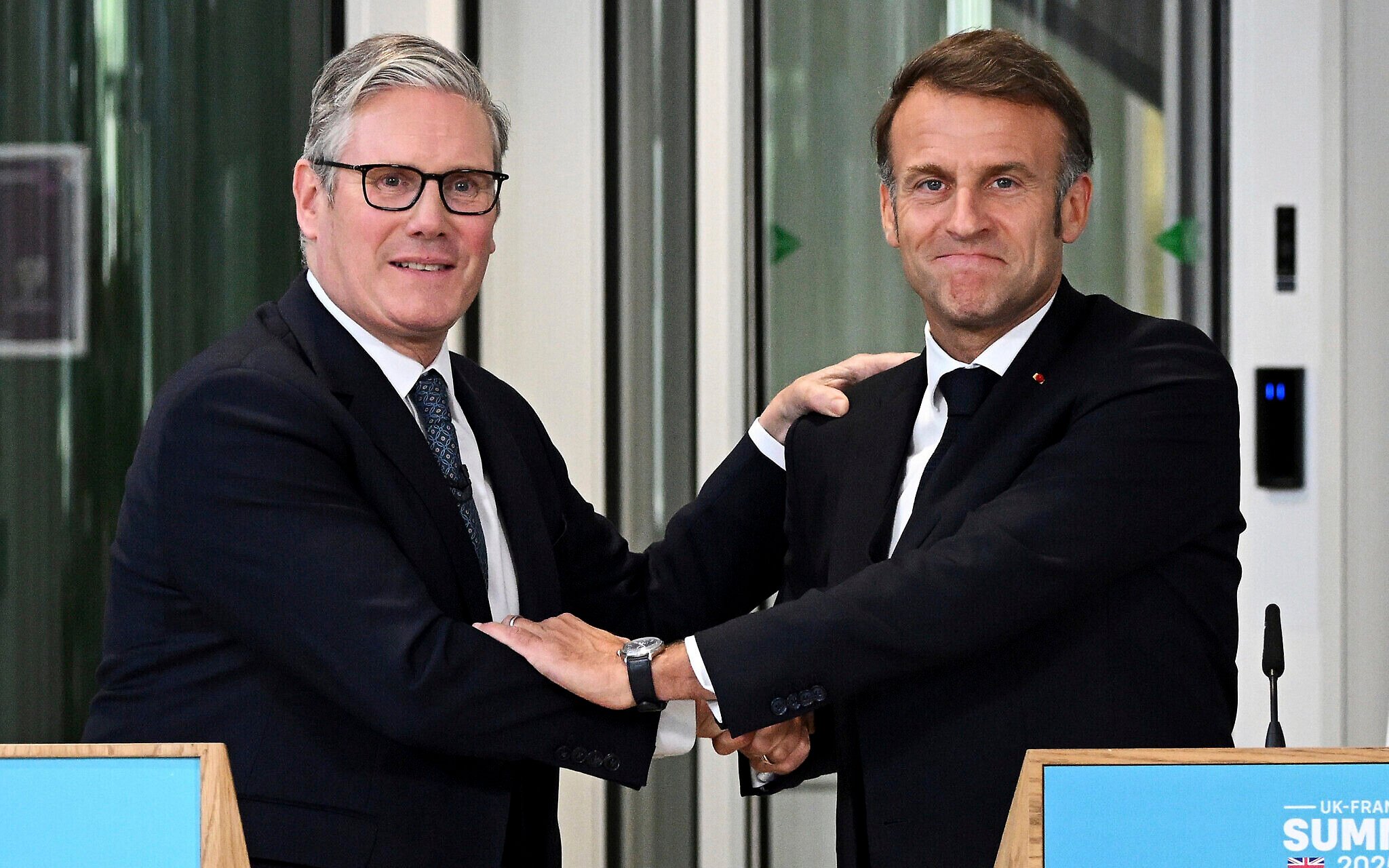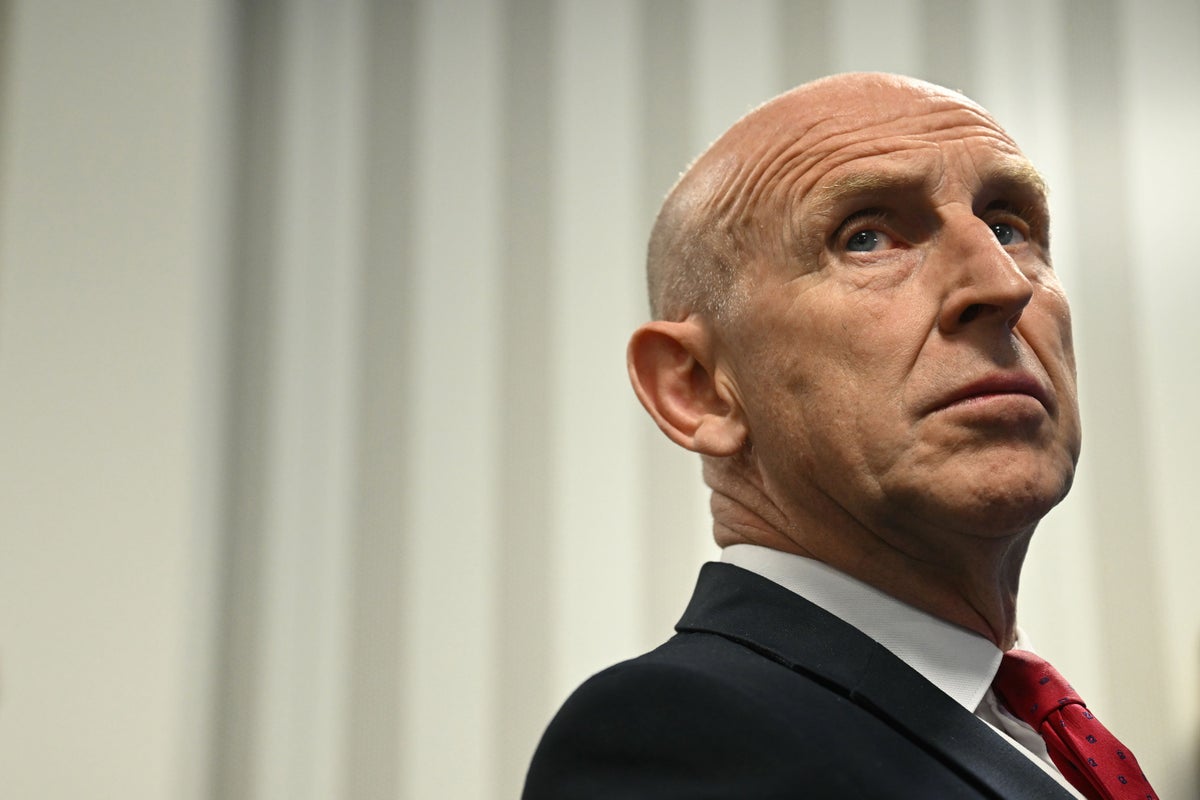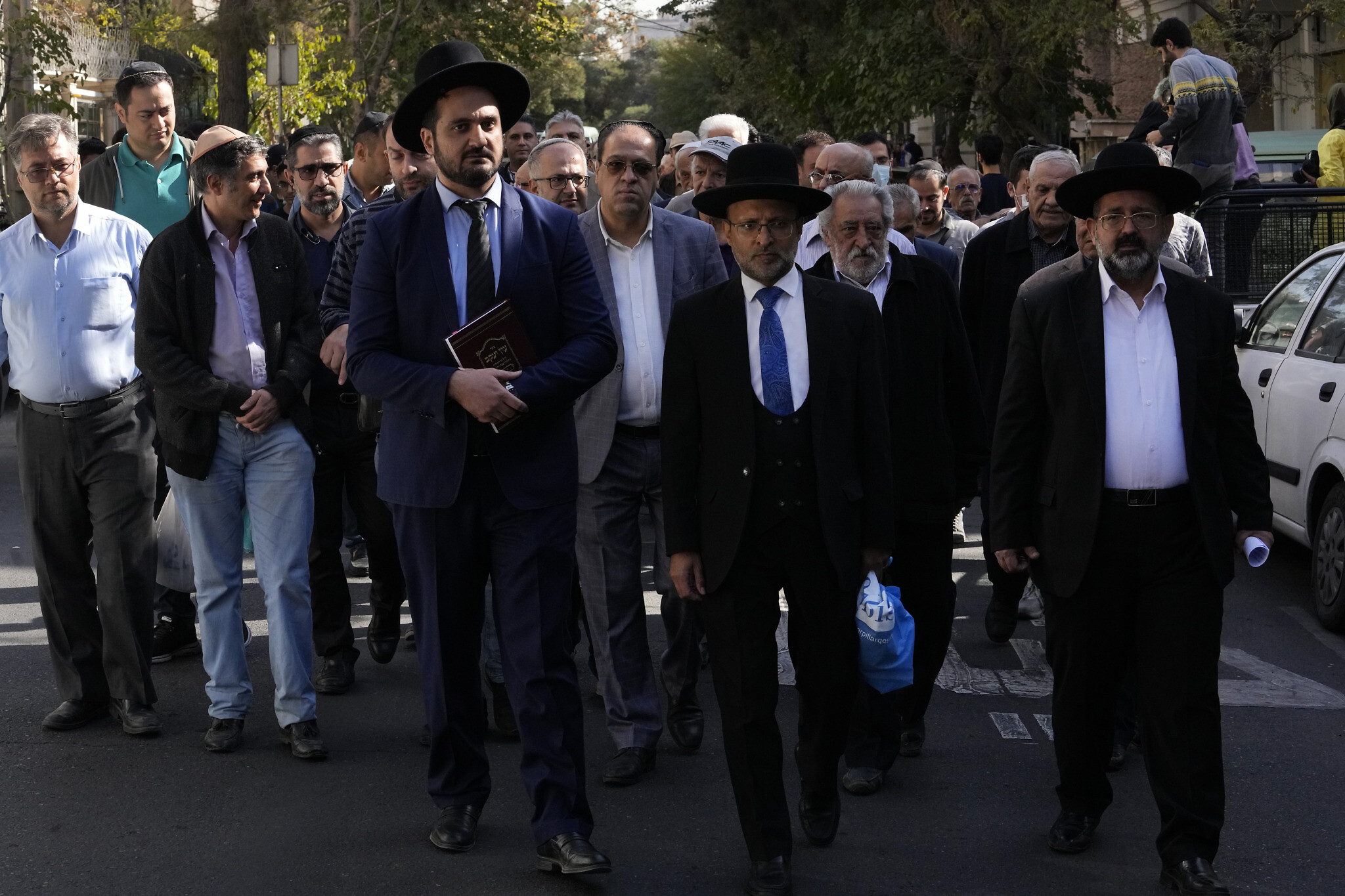T4K3.news
Iran boosts support for proxy groups amid US negotiation stalemate
Iran ramps up activities of its proxies in the Middle East as talks with the US stall.

Iran's armed proxies increase their activities as negotiations with the US show little progress.
Iran seeks to strengthen proxy forces amid stalled US talks
Iran is enhancing the activities of its armed proxies in the Middle East as part of a strategy to rebuild lost regional influence. Following years of military action by Israel, Tehran's support for groups like the Houthis in Yemen and Hezbollah in Lebanon is growing. Recent incidents include attacks on commercial ships in the Red Sea and drone strikes targeting oil facilities in Iraq, believed to be led by Iran-backed militias. These actions occur as discussions over a potential nuclear deal with the US stagnate, with both sides appearing unwilling to make significant concessions. Michael Knights, an expert on the region, noted that Iran's actions signal its intent to maintain its network of proxies despite suffering key military losses in recent months.
Key Takeaways
"Iran was never going to stop resupplying their groups."
Michael Knights explains Iran's commitment to its proxy forces amid pressures.
"The drone attacks are intended to destroy the energy infrastructure."
Kurdish officials discuss the impact of Iranian-backed attacks in Iraq.
"Hezbollah are losing sway and credibility within Lebanon."
A regional official reflects on Hezbollah's diminishing influence.
"Rebuilding regional armed groups could serve as leverage for Iran."
Experts analyze Iran's strategy in the context of US negotiations.
The rise in proxy activities underscores Iran's resolve to assert its influence even as it faces military setbacks. Analysts point out that Iran's strategy might be focused on maintaining a bargaining position in future negotiations with the US. The current unrest among its proxy forces may not only signal Tehran's desperation but could also result in further destabilization across the region. Rebuilding these proxies might be viewed as a show of strength, albeit one that risks escalating confrontations with adversaries like Israel and the United States. As the situation evolves, the effectiveness of these proxies in achieving their stated goals remains in question.
Highlights
- Iran's proxies are ramping up pressure across the region.
- Rebuilding armed groups may be Iran's key negotiation tactic.
- Attacks on commercial vessels show Iran's determination.
- Experts question the effectiveness of Iran's proxy strategy.
Heightened tensions in the Middle East present risks
Increasing proxy activities by Iran could exacerbate regional instability and impact oil markets. Investors should be cautious as these events unfold, potentially leading to a backlash against foreign interests in the area.
Future developments could reshape Iran's regional strategy and its proxy network's effectiveness.
Enjoyed this? Let your friends know!
Related News

Family of hostage pleads for urgent action as video shows suffering
Ukraine conducts drone strikes on Russian energy sites
US ends Gaza ceasefire talks amid stalled negotiations

Israel will annex parts of Gaza if no deal is reached with Hamas

Trump and Starmer meet in Scotland for trade discussions

Starmer to Urge Trump on Gaza Ceasefire Negotiations

UK prioritizes strategic approach to Palestinian state recognition

UK Defence Secretary promotes 50-day plan for Ukraine
